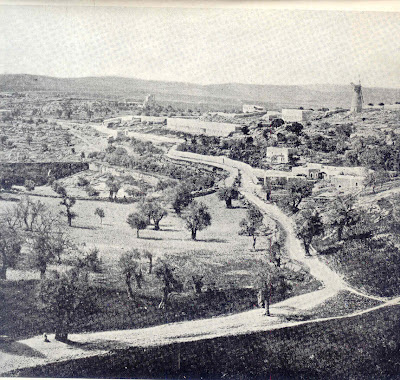What was it like growing up in the shadow of Rabbi Soloveitchik?
I miss that Orthodox piety so much, it's gone. My hassidic family attached itself to a holy man who was a mitnaged. Rabbi Soloveitchik was my life. My father gave me over to him; my father loved me intensely but wasn't a man of words. The Rav was uncomfortable with the idea of being a holy man. His ideal man was a learned teacher; he did not worship other people or want to be worshiped, but did worship our capacity to think. In the study of the sacred, the irony is that you get attached to people who liberate you and cause you to think for yourself.
We were Eastern European Jews in an isolated community in Boston. Most of the children were children of professors, doctors, lawyers. I came from a simple, pious family. There was tension between the spiritual ideal of study for study's sake versus ruthless competition to get into Harvard. What Rabbi Soloveitchik's ethical monotheism was teaching me was not being practiced.
What changed to pull you away from this world?
When Menachem Begin became prime minister, Rabbi Soloveitchik was shocked. He refused to go hear him when he came to speak 100 feet away at Yeshiva University. I asked why? He looked at me cautiously and said, "Why should I listen to a person who blew up people in a hotel?" referring to Menachem Begin's blowing up the King David Hotel [in 1946].
We had similar values and it was a turning point for me when he said that. It also made me a little crazy. I felt like the word from this inner sanctum was that everything outside was a problem. He and I understood that sometimes war was necessary to defend life. But I also understood at that moment that a man building on the philosophies of Hermann Cohen could not support Lehi.
In 1982, when I heard about Sabra and Shatilla in Lebanon, it was also a turning point. It was right before Yom Kippur. Rabbi Soloveitchik called Menachem Begin and insisted on an investigation. I was still taking care of him. I wrote a poem at the time to this effect: "I looked around everywhere and in the halls of the kollel and saw bullet holes and all were oozing blood." I couldn't get it out of my mind. I could always feel [the pain of tragedies] even if I wasn't physically present. The Holocaust is inside of me all the time. But this is different - [allowed to happen] by a Jewish army. It was a secret place of pain that left me and Rabbi Soloveitchik feeling betrayed.
I also read about Deir Yassin. It started to alienate me that Jews debate these things among themselves as if they are being rational, but it is not rational to talk only with people who were not there. I realized I was hearing only half the story. People think they are scientific because they read newspapers but have never met a survivor. I made a decision to understand the reality of Israel's wars from more than one perspective. Doing this, I started to lose my community, but all I was doing was fulfilling my obligations to my community by engaging in honest investigation.
Rabbi Soloveitchik said if you are afraid of knowledge, the problem is with you, not with the knowledge. I applied these words to my study of conflict, after deciding there was a black hole in the study of Jewish conflicts with Arabs. From the 1980s until today, I have been on a journey to discover my enemies.
We are investigating this as it would seem to contradict the relationship the Rav had with Begin stemmining back to Brisk and his suggesting the Rav for the Chief Rabbinate position in the 1950s and his later conferring with hims on the issue of moving the Holocaust Day to Tisha B'Av.

















